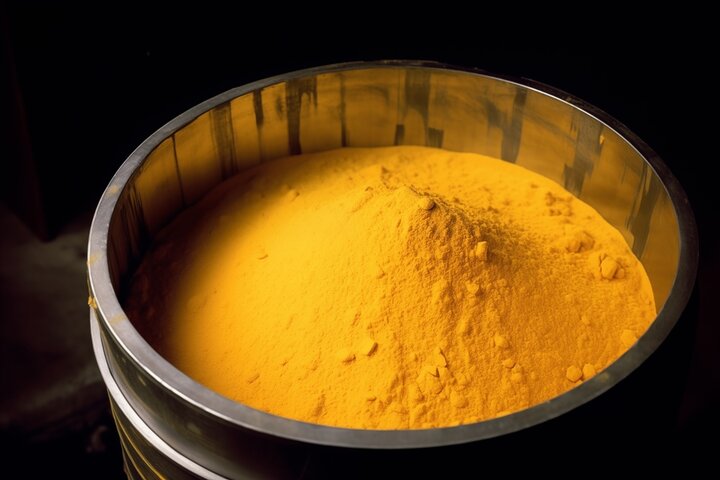Shingi Muvenge, an employee at Platinum, recently visited Zimbabwe. He is not optimistic about the country’s economic prospects and believes that major political change is needed to rescue the Zimbabwean people from high structural unemployment, excessive government debt and rampant corruption.
Things are not looking good on both the economic and political front. Structural unemployment (approximately 90%) and non-existent growth (1-2% likely to be revised down) are the consequences of economic mismanagement and lack of policy formation. The Mugabe government is simply to blame! The state treasury has been issuing short-term securities to accommodate its own spending, which sucks out dollars from the economy. This would explain rampant deflation (-2.6%) – even the listed beverage blue-chip Delta has had to slash its prices by almost 25% as cash dries up. There is simply no liquidity in the economy! Taxation is the governments now favoured weapon of choice, in spite of the prevailing liquidity crisis. Basically the government decided to tax people in order to service the salaries of almost 220,000 civil servants, with almost 50,000 of these purported to be ghost workers (a country of Zimbabwe’s size YES has 220,000 civil servants). The government has not and will not lay-off a single civil servant as they know that such a move will spill into the streets. The funds accrued from taxes are turned over immediately to the civil service leaving little to actually implement policy initiatives that provide the foundation for growth and employment. Some departments like the police don’t even surrender their revenues to treasury, instead keeping it to run their own operations and other things.
The government’s external debt ($9 billion) is too high for the country to service especially as dollarization erodes competitiveness. As long as Mugabe is in power, debt forgiveness on the whole is an unfathomable outcome, though it’s the only possible option for ending the rot – rescheduling will do nothing and permit more graft. The country has recently seen some funds from the Eurozone and African Development bank, but those won’t make a dent on the country’s outstanding liabilities. Zimbabwe has very few exports to speak of except platinum, gold, and tobacco - the diamond opportunity for now is lost as all the easy to extract alluvial diamonds have been plundered by Mugabe cronies. What is left are the deeper kimberlite diamonds – to extract these capex and expertise are a categorical requisite, none of which are at the governments disposal at present. This means the country’s current account deficit at 23% of GDP cannot be overcome. The country imports most industrial inputs as well as food including staple grains as the land toils through another drought. To add insult to injury the low levels in the Kariba dam mean electrical production is non-normal and more than half of every week in recent months is spent in darkness, which will trigger another downward revision in GDP estimates (Zambia is also suffering from the electrical undersupply as the two countries share Kariba for hydroelectricity generation). To put things into perspective, Zimbabwe is experiencing a power deficit with daily electricity demand of 2,200 MW against an installed capacity of 1,100MW; this, with industrial capacity utilisation at an all-time low (some say 20%). With that in mind one can only imagine how much the country actually needs to rehabilitate its power infrastructure. The government has invited Independent Power Producers (IPPs) to step in to cover the shortfall and sell their electricity to the grid, which has seen companies like Tongaat Hulett and Green Fuel buying up thousands of hectares of land for ethanol production, Sino Hydro (Chinese coy) setting-up shop in Zimbabwe, Industrial solar IPPS sprouting up and a Chinese company starting an underground coal gasification project in the Hwange Coal basin. I guess for the IPPs, the opportunity is in the problem.
Dollarization has now proven itself to have been a short-term gift and a long-term curse !!!!! The short-term benefits have been reaped and now the Reserve Bank of Zimbabwe is toothless, as pure demand and supply will determine the inflow/outflow of hard currency – with no ability to set recognisable interest rates, recent dollar strength has added to Zimbabwe’s liquidity woes (compounded by falls in commodity prices). Zimbabwe simply cannot compete against its neighbours with the US dollar in place; one only needs to walk through the shops and streets of Zimbabwe to see this. Walking through the streets of Zimbabwe in 2015 is a totally different experience to 2012; what were former Zimbabwean supermarkets have been replaced by the likes of Pick n Pay (SA chain)- go to a shopping centre and South African quick service restaurants are sprouting up everywhere…. I guess with the US dollar in place Zimbabwe becomes a fertile dumping ground for companies from countries like RSA.
In the present environment the country has no capacity to recover even if it wanted to and one would think this has to force some level of regime change, but the man on the street is over the politics and lives with the corruption and it has tainted the fabric of Zimbabwean society. The proliferation of mobile technology has provided some gains from a social context – but not enough to set the country on a new path. Mugabe may die but still then succession is far from clear; there is no trust and an untarnished outsider will be the only option for a swift, policy driven recovery. Negotiating terms with the IMF and World Bank in the present economic context is dangerous because execution will undoubtedly miss as we head toward the next election in 2018 – this will set those relations backward another five years. If I may be so bold as to suggest a conclusion – I would contend the real change for growth has to come from within, with a fresh regime that builds a competent and actionable government – anything less than that will fuel the country’s demise into chaos. A Lee Kuan Yew type is what Zimbabwe needs but that is probably my wishful thinking. I reiterate that debt forgiveness, an injection of cash through FDI, and a government that is actually interested in the welfare of its people will be the only way Zimbabwe emerges from a dust that has settled and now hardened.
DISCLAIMER: The above information is commentary only (i.e. our general thoughts). It is not intended to be, nor should it be construed as, investment advice. To the extent permitted by law, no liability is accepted for any loss or damage as a result of any reliance on this information. Before making any investment decision you need to consider (with your financial adviser) your particular investment needs, objectives and circumstances. The above material may not be reproduced, in whole or in part, without the prior written consent of Platinum Investment Management Limited.

